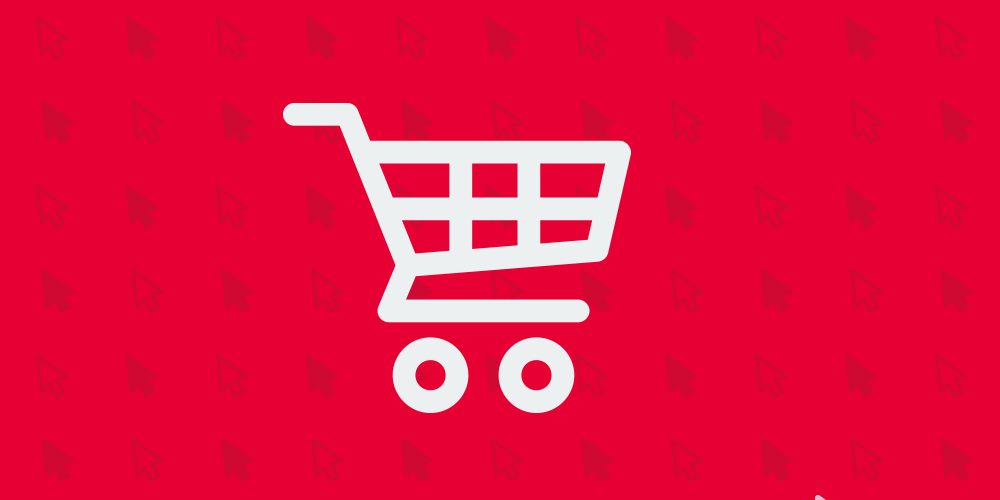Top Five Consumer Cyber Security FAQs


Highlights:
- Cyber security is becoming more important in everyone's personal and daily life.
- As we become more active online, we become more comfortable and risk letting our guard down when it comes to security making us more vulnerable to a cyber security attack.
- Being alert and informed about potential scams can help to protect your credit and identity.
- You'll need to know why cyber security is important and how to avoid phishing scams and fake emails, websites, and conference call invitations.
- Check your credit reports frequently and monitor your credit to look for any unidentified activity or credit card scams for better credit card fraud protection.
Business, technology, environmental and economic changes are a part of life, and they are coming faster all the time. All of these changes and advancements can be distracting and make us more vulnerable to cyber scams. That's why protecting your credit is a critical part of protecting yourself from cyber security threats. Security researchers have reported that hackers and scammers are using any opportunity or vulnerability to target both individuals and companies. You may have already seen these attempts in the form of fake emails or calls.
Here are the top five questions Equifax® has received about how individuals can protect themselves from cyber security threats and help to improve your credit protection.
1. How can I better protect my credit?
- Check your credit reports frequently. You can get free credit reports from the nationwide credit reporting agencies (Equifax, Experian® and TransUnion®) at annualcreditreport.com. Check your credit reports frequently to closely monitor any unauthorized changes.
- Utilize key tools. There are many tools available that can help you better protect your identity while staying on top of your credit. You can place a free fraud alert or a security freeze by creating a myEquifax™ account. Other products, like the Equifax ID Patrol™ include features like Equifax credit report lock and lost wallet assistance, in addition to other services for credit protection.
- File your taxes early to help prevent tax related id theft. The longer you wait to file, the more time fraudsters have to claim an unauthorized refund on your behalf.
2. What are some basic tips to avoid scams and security threats?
There are some key things you should always do to avoid scams and cyber security threats:
- Always look out for phishing scams, and be careful about clicking links from unfamiliar email or text message senders. Phishing scams and messages are used by scammers to trick you into clicking a link or opening an attachment that will provide them access to your information or download malware onto your computer. Hackers aren't just targeting corporate email accounts – they're also sending messages with malicious links to personal email addresses and even to phones in text messages. Before you click on anything, make sure it is a legitimate link - even if it looks genuine.
- Install the updates on your devices. If you've been ignoring that pop-up about updating your phone, don't! Install it now. Many updates for phones, tablets, and laptops include patches for known vulnerabilities. In other words, they prevent hackers from using outdated software on your devices to get access to your device or information, making you more vulnerable to a cyber security attack.
3. How do I identify fake websites, scam calls and fake phishing emails?
Be skeptical of any unsolicited outreaches. The saying that “if it is too good to be true, it probably is” applies with scams and phishing. Avoiding fake websites and avoiding phishing scams and emails are similar in that for both, you want to (1) look for clues that they are fake and, (2) if you're suspicious or just want to be cautious, type in the website name or phone number you know to be correct rather than clicking/calling back.
4. What are best practices for securing online conferencing services?
As many businesses utilize online conferencing services, bad actors are taking this opportunity to gain access. The easiest and most effective way to protect yourself is to make sure that you add a password when you organize a call. Most major services give the option to set a password, but it may not be turned on by default.
5. Shopping online continues to become more common and convenient. What are some of the ways I can keep my personal and financial information safe online?
There are several things you can do to protect yourself and avoid credit card scams when providing payment information online.
- Make sure that you are actually dealing with the correct vendor. Phishing is increasing and before you execute any transaction, check the web address to make sure it is valid.
- Do not pay with a debit card if possible. A debit card provides direct access to your bank account, while credit cards may offer more protection. Credit cards offer better consumer protections against fraud compared with debit cards linked to a bank account.
- Enable multi-factor authorization. Again, it may be a hassle, but it drastically reduces your exposure to an issue and offers better credit card fraud protection.
- Avoid performing financial transactions over unsecured public Wi-Fi networks.

Sign up for a credit monitoring & ID theft protection product today!
For $19.95 per month, you can know where you stand with access to your 3-bureau credit report. Sign up for Equifax CompleteTM Premier today!



